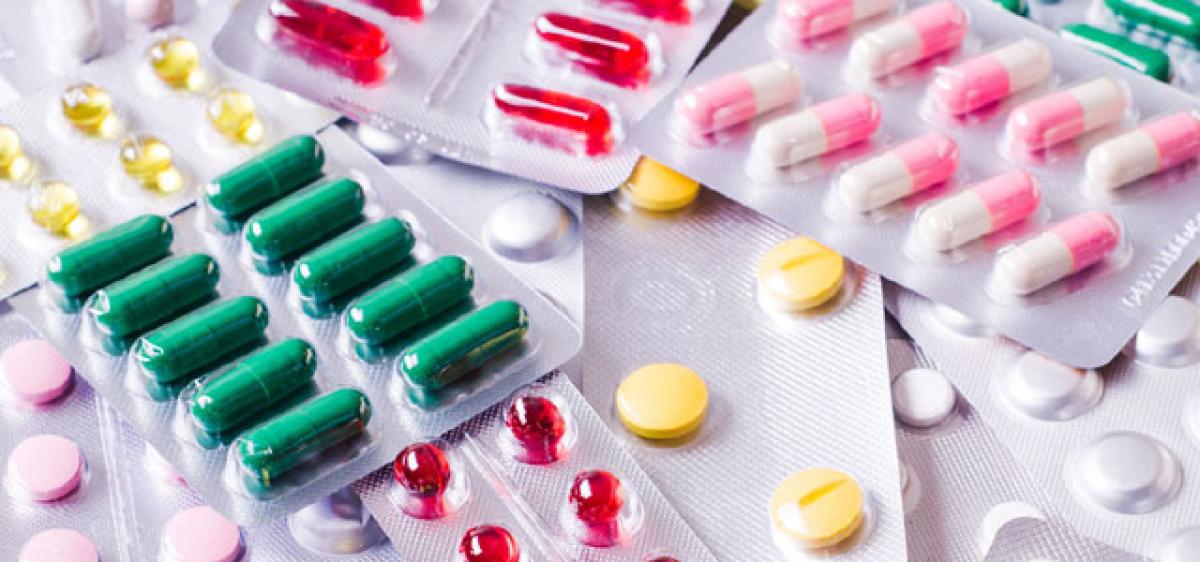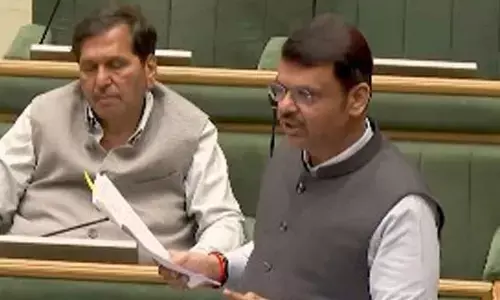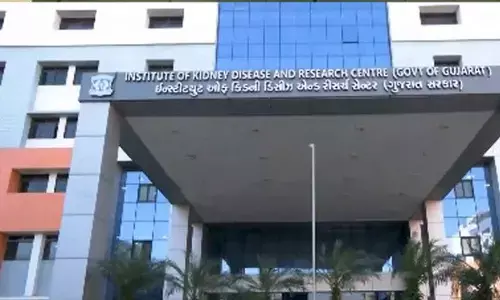Probiotics can be the panacea for antibiotic-resistant diseases

We have developed a tendency to gulp down antibiotics by the dozen for every ailment without being conscious of the threat it poses to our immune system.
We have developed a tendency to gulp down antibiotics by the dozen for every ailment without being conscious of the threat it poses to our immune system. Perhaps its negative impact is common knowledge, but continuous consumption of antibiotics have had had its detrimental ramifications in the form of breakdown of systemic resistance to the very diseases against which antibiotics were at one point of time administered as a potent and efficacious curative.
In fact, promiscuous use of antibiotics have only strengthened or fortified the defence mechanism in disease causing pathogens. According to projections the consequences of this unabated abuse or misuse of antibiotics and the resultant resistance is so grave that it could claim around 300 million lives by the year 2050. “This is a consequence of messing up with microbial ecosystem through antibiotic abuse and in the process we have disrupted the composition of the microbial community,” according to Dr. Srini Kaveri, a distinguished immunologist, and Director, Immunopathology and Therapeutic Immunointervention’ Centre de Recherche des Cordeliers (CNRS), Paris, France.
He however pointed out that there are intriguing tools in sight with Probiotics now being considered as not just a feasible alternative which could be a substitute for antibiotics, but also in battling antibiotic-resistant diseases. Probiotics involves introduction of a microorganism in our body, especially the gastro-intestinal tract, to replace the loss of good bacteria due to excessive antibiotic use. Apart from this, Scientists at the CNRS are also working on developing a new line of treatment for patients with autoimmune disorders.
“At CNRS we are working on a solution called Intravenous immunoglobulin (IVIg) therapy which involves creating a plasma pool of thousands of antibodies. “This offers the possibility of restoring or re-establishing immune system in patients with autoimmune problems. The normal IBP or immunoglobulin from this pool can be introduced in a child with immunoglobulin deficiency.”
Delivering the Fifth Dr. Manohar V.N. Shirodkar Memorial Lecture organized by the Telangana Academy of Sciences at the Hyderabad-based Indian Institute of Chemical Technology (IICT), Dr. Srini explained that human body is inhabited by necessary microbes among them a vast majority inhabiting the gastro intestinal tract.
With the antibiotics abuse we have ended up destroying these microbes which protects us against various diseases, he said and pointed out that dismantling one such protective microbe would trigger a chain reaction impacting the other such organisms.”We have completely mismanaged our microbial system over the years,” he said and added that developing countries were unable to totally eradicate the diseases and on the contrary the pathogens have become resistant to antibiotics because of excessive and improper use. A case in point is Tuberculosis which has become multi-drug resistant as a result of such abuse.
By Satyapal Menon














